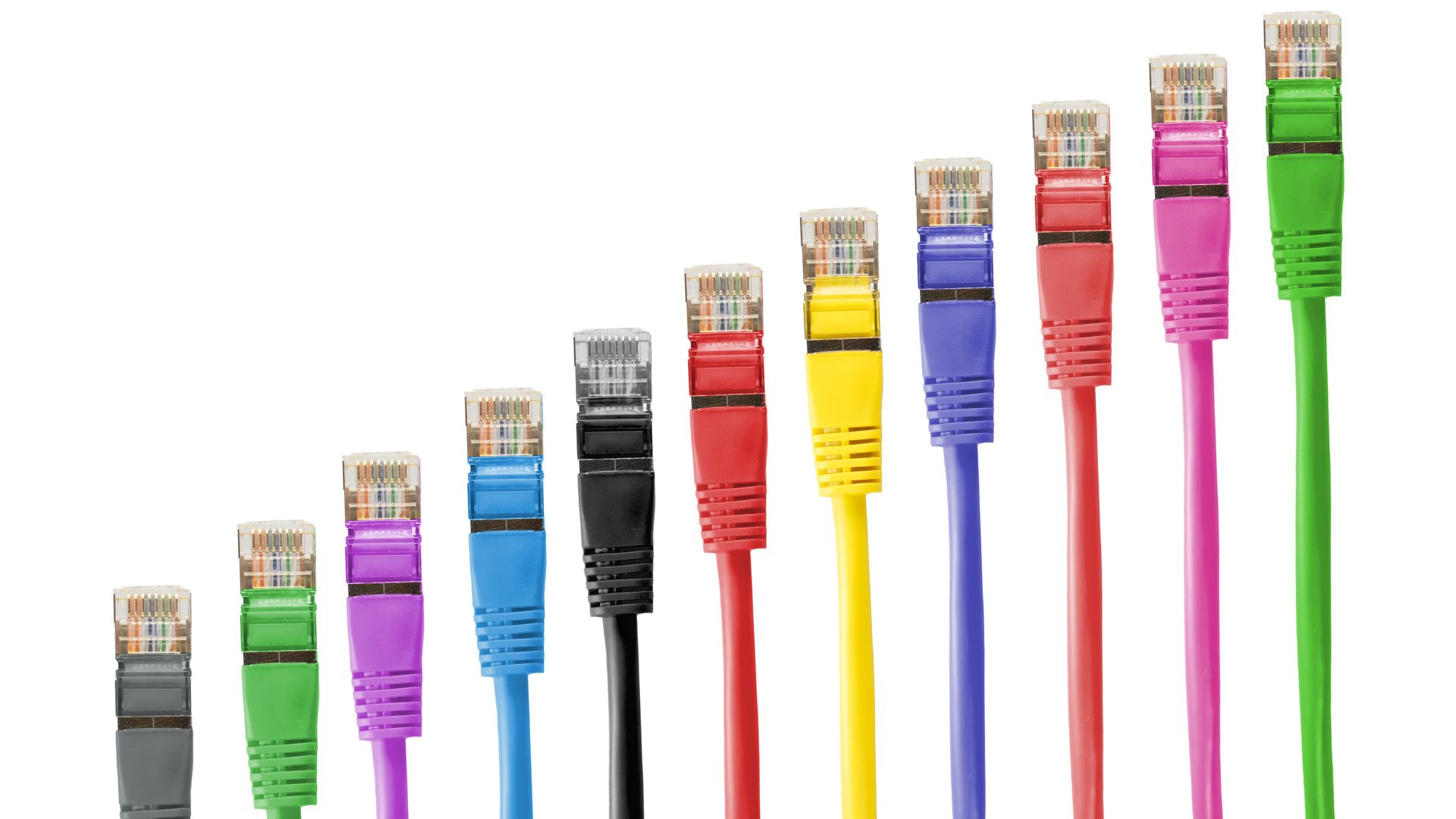Brain before post
Michèle Trebo

The Internet is the most powerful and pervasive platform on the planet. It is simply too important to be left without rules and without a referee on the field. Think about it. The Internet has replaced the functions of the telephone and the post office. The Internet has redefined commerce, and as the outpouring from four million Americans has demonstrated, the Internet is the ultimate vehicle for free expression. The Internet is simply too important to allow broadband providers to be the ones making the rules. This proposal has been described by one opponent as, quote, a secret plan to regulate the Internet. Nonsense. This is no more a plan to regulate the Internet than the First Amendment is a plan to regulate free speech. They both stand for the same concepts: openness, expression, and an absence of gate keepers telling people what they can do, where they can go, and what they can think. Tom Wheeler, Chairman of the FCC

The 26th of February 2015 was an important day for the American Internet: In a remarkable vote, the FCC decided that access to the internet is to be treated the same way as access to the phone network.
This means that service providers such as Verizon and Comcast, just to name some of the most prominent ones, are not allowed to offer so-called Fast Lanes. The idea behind those Fast Lanes would have been the following: Company A could buy one such Fast Lane at the provider’s. Company B, however, doesn’t, either willingly or because of the lack of funds. Now, if a user wants to access the websites and services of the two companies, the user would get a significantly faster connection to Company A than he would get when connecting to Company B. This would happen independently of his own internet connection.
A deal like that is obviously very lucrative. It’s not surprising that Verizon couldn’t help themselves but to make a humorous but rather unprofessional commentary on its corporate blog. In Morse Code.
Independent of the actual situation, the FCC’s decision is an important victory for the concept of net neutrality. The concept it’s based on declares that all data transferred on the internet is to be treated equal, independently of where it originates and where it ends up.
Many net providers see themselves constantly challenged to transfer data in adequate quality with a high throughput due to the constantly growing amount of data. British providers demanded a sort of Broadband Tax for the internet from the BBC when it introduced its iPlayer leading to a significant increase in data use. Models such as this Broadband Tax should generate new possibilities of income to invest into new networks and the retrofitting of existing networks.
Even though this reasoning is valid, you have to see that this sort of regulation is a hinderance for innovation. How can a new, up and coming video-on-demand streaming service keep up with giants of the industry such as Netflix of Amazon without buying themselves a Fast Lane?
Or, to take this thought further: What happens if a provider makes an exclusive deal with a company such as Apple and services like Netflix, Spotify and YouTube won’t be available anymore or, if they remain available, in some useless and docked form?
You could call this an argumentum ad baculum at this point, but methods like these are not without precedent: In Germany, it was usual up until a few years ago it was the norm to prohibit the use of voice-over-IP and Instant Messaging Services, because they would be a direct competition for the classic income sources known as telephony and text messaging.
And even from a standpoint of IT Security and data privacy net neutrality is something that should persist: If someone wants to prioritise traffic, he needs to analyse it. In a world Post-Snowden the building of any kind of monitoring and analysis infrastructure needs to be discussed.
That’s why the FCC’s decision is one that is met with happiness, even though it was dreaded that the decision would be the exact opposite of the one we have today.
In Switzerland the discussion surrounding net neutrality is still young and there are many talks to be held. The hope remains, though, that the FCC’s decision can be a guiding light for us.
Our experts will get in contact with you!

Michèle Trebo

Ralph Meier

Tomaso Vasella

Eric Maurer
Our experts will get in contact with you!